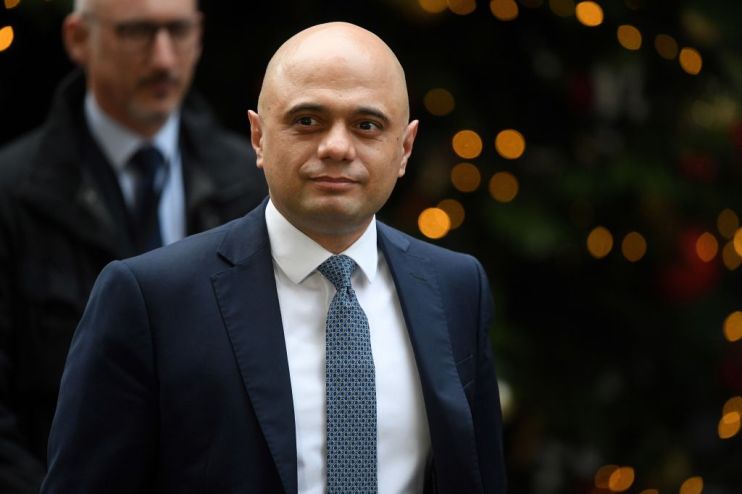OBR: Accounting changes push up UK borrowing by £20bn a year

The UK’s budget watchdog has said that government borrowing will increase by around £20bn a year due to accounting changes, highlighting the fine line chancellor Sajid Javid will have to tread to meet his new spending rules.
The Office for Budget Responsibility’s updated forecasts (OBR) showed that the budget deficit – the difference between spending and receipts – will be £33.3bn by 2023-24, up from a previous estimate of £13.5bn.
Read more: FTSE 100 surges on trade war and UK election optimism
The OBR had originally planned to release its updated forecasts before the General Election, but they were canned on the advice of the UK’s top civil servant Mark Sedwill.
Changes to the way student loans are tallied on the government’s books – treating them as spending now rather than when they fail to be repaid – made up the bulk of the difference between March’s forecast.
The alterations have long been known about and were factored in to both main parties’ spending plans in the General Election. However, the OBR’s new forecasts show the changes are slightly larger than predicted.
The student loan accounting change has added £12.4bn to government borrowing in 2018-19, up from a previous estimate of £10.5bn. The OBR has also put right a £4bn a year error that underestimated corporation tax receipts.
Javid is due to hold a Budget in February or March after the Conservatives’ thumping General Election win at the end of last week – the party’s biggest victory since the 1980s.
Before the election Javid changed his so-called fiscal rules to say he would balance day-to-day spending by 2022-23. He undid former chancellor Philip Hammond’s stricter rule which said overall spending – including investment – could not exceed two per cent of GDP in 2020-21.
Treasury sources said the government is still well within its new fiscal rules. The student loan spending is treated as investment, and so does not affect current spending.
However, the changes also reduced receipts, accounting for the fact that interest is not accrued from loans that will not be paid back. This adds around £2.9bn a year on average to the current deficit, meaning Javid has a very thin margin of error to meet his spending rules.
The OBR’s new forecasts do not take into account changes to the economy or the cost or yield of new policies announced since its last forecast in March, however.
Read more: Boris Johnson prepares mini cabinet reshuffle as new Tory MPs arrive
However, the watchdog said it should be noted that “UK GDP growth this year has been more uneven than we expected”.
“Average earnings growth has continued to pick up and unemployment remains low,” the OBR added, while “population projections suggest less fiscally unfavourable demographics” with higher net migration adding to employment and tax receipts growth.